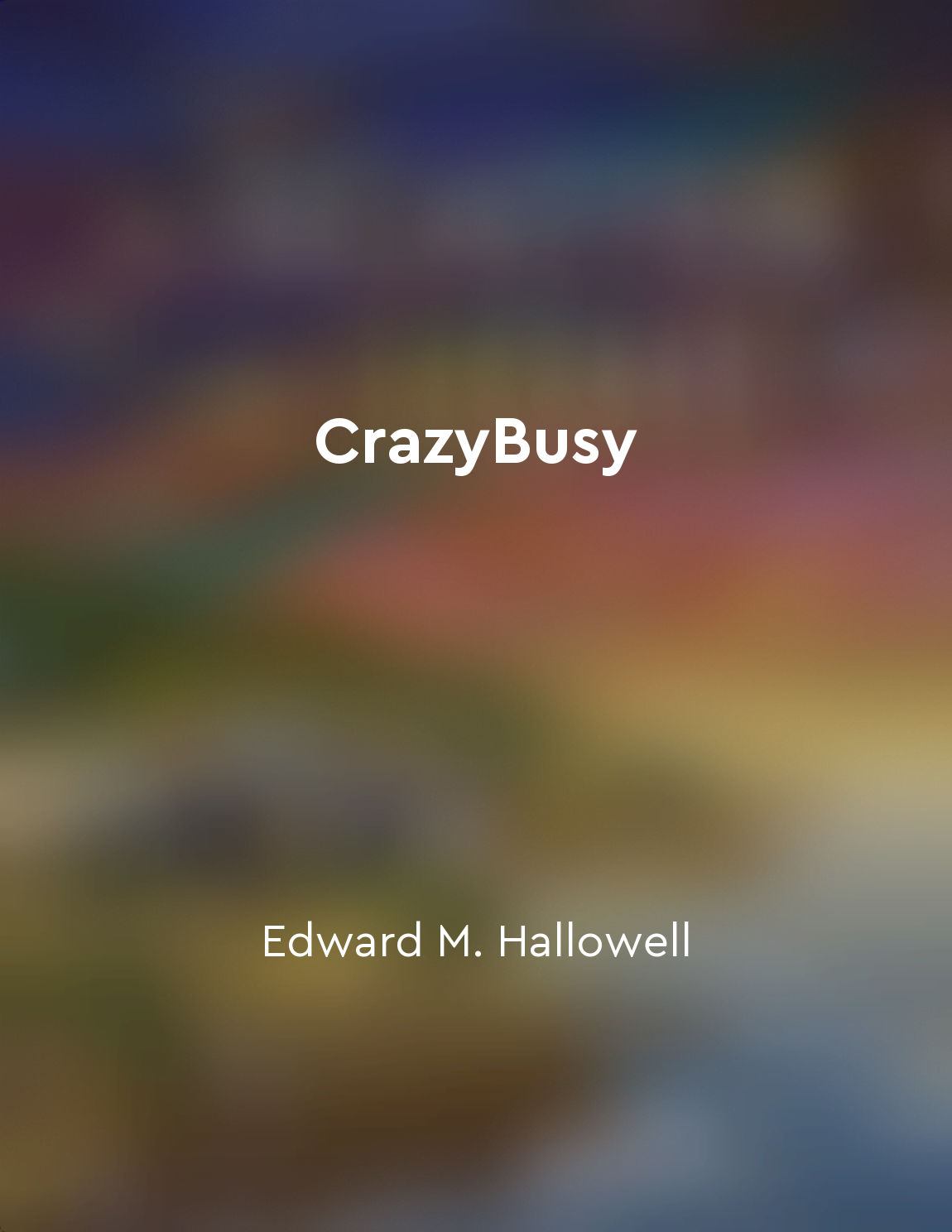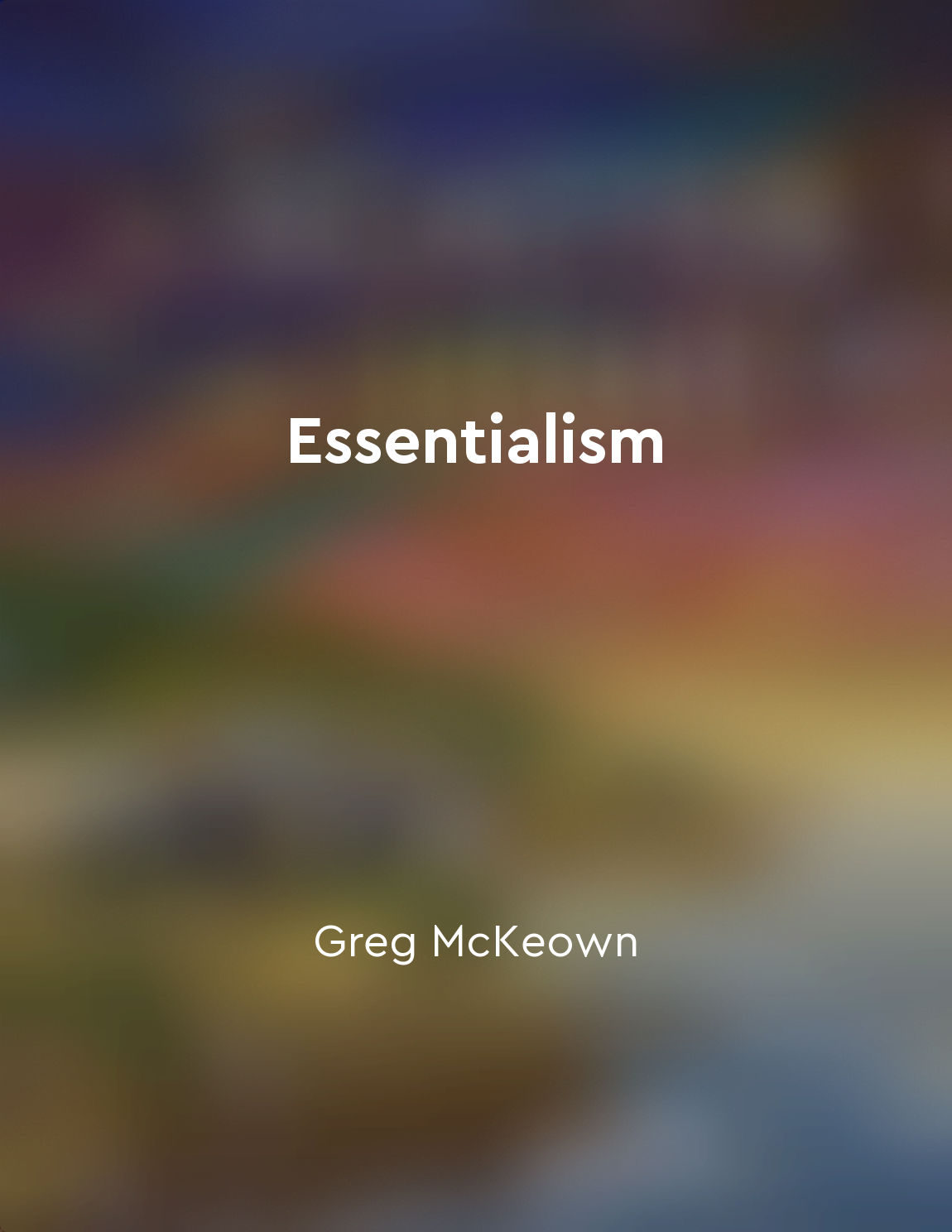Say no without guilt or explanations from "summary" of You Do You by Sarah Knight
Refusing a request without feeling the need to justify your decision is a skill that requires practice and self-assurance. When you decline an invitation or turn down a favor, it is essential to remember that you are not obligated to provide a detailed excuse for your decision. Saying no without guilt or explanations is an act of self-respect and self-preservation. It establishes boundaries and communicates your priorities, needs, and limitations to others. It is common for people to feel guilty or anxious when they say no to someone. This guilt often stems from the fear of disappointing others or being perceived as rude or selfish. However, it is crucial to recognize that your time, energy, and resources are limited, and it is your responsibility to protect them. By saying no without guilt or explanations, you are honoring yourself and your needs. When you decline a request, it is important to do so with confidence and assertiveness. You do not owe anyone an apology or a lengthy explanation for your decision. Your reasons for saying no are valid simply because they are yours. Trusting your instincts and standing firm in your choices can help you feel more empowered and in control of your life. Remember that setting boundaries and prioritizing your well-being is not selfish; it is an act of self-care. By saying no without guilt or explanations, you are demonstrating respect for yourself and your time. You are also showing others that you value and prioritize your needs, which can encourage them to do the same. Practice saying no without feeling the need to justify your decision. Start small by declining minor requests or invitations without offering excuses. As you become more comfortable with this practice, you will find it easier to say no confidently and assertively in various situations. Over time, you will notice a positive shift in how you perceive yourself and how others perceive you. Saying no without guilt or explanations is a powerful tool that can help you reclaim your time, energy, and agency in your life.Similar Posts
Set clear goals and objectives for better organization
One key principle highlighted in 'Work Less, Do More' is the importance of establishing clear goals and objectives in order to ...
Embrace failure as a stepping stone to success
Failure is inevitable in life. We all experience setbacks, make mistakes, and encounter obstacles along our journey. However, i...

Communicate assertively but respectfully
When we speak assertively but respectfully, we express our thoughts and feelings clearly and confidently, while still being min...
Prioritize selfcare for overall well-being
In our fast-paced world, it's easy to get swept up in the demands of work, family, and other responsibilities. We often put our...
Busque soluções construtivas em conflitos
When faced with conflicts, it is important to seek constructive solutions that benefit all parties involved. Instead of focusin...

Simplifying our lives and decluttering our physical and mental space can lead to greater clarity and focus
In our fast-paced world, it is easy to become overwhelmed by the constant demands on our time and attention. We are bombarded w...
Embrace imperfection as part of the process
In our quest for productivity and success, we often strive for perfection in everything we do. We want our work to be flawless,...
Cultivating selfcompassion can aid in healing
The idea that self-compassion can contribute to healing is not a new one. In fact, it is a concept that has been around for cen...
Being present in the moment promotes happiness
The idea that being present in the moment promotes happiness is a central theme in the book "If You're So Smart, Why Aren't You...

Setting boundaries and communicating them effectively with others is key in protecting our time and energy
In the pursuit of living an essential life, it is crucial to establish clear boundaries and effectively communicate them with o...

